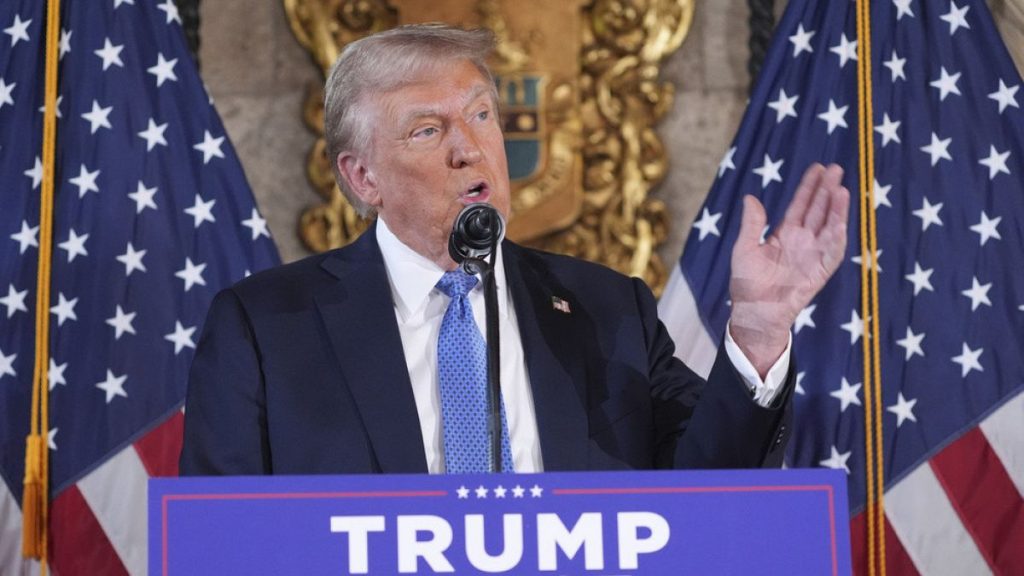Donald Trump’s impending presidency has cast a long shadow over the ongoing Ukrainian conflict, particularly following his criticism of President Biden’s decision to allow Ukrainian forces access to American long-range weaponry. Trump, deeming the move “stupid,” expressed his disapproval of not being consulted and hinted at a potential policy reversal upon assuming office. This has ignited a debate about the future of US military aid to Ukraine, raising concerns about a potential shift in American foreign policy under a Trump administration.
Trump’s contention revolves around the timing and rationale behind Biden’s decision, questioning the wisdom of granting such authorization mere weeks before the transfer of power. He believes the decision should have been deferred, allowing him to weigh in on the matter. This underscores Trump’s perceived prerogative to shape US foreign policy, even before officially taking office. He asserted that he might reverse the decision, underscoring his disapproval of the current administration’s approach.
The White House, in its defense, emphasized the extensive deliberations preceding the decision, highlighting that the process began long before the election. They maintain that the rationale and logic behind the move have been communicated to the incoming administration, emphasizing the strategic considerations that informed the policy shift. This underscores the existing tension between the outgoing and incoming administrations, highlighting differing perspectives on the Ukrainian conflict and the appropriate level of US involvement.
Adding to the complexity is Trump’s history with Russian President Vladimir Putin. Scrutiny surrounding their relationship, stemming from allegations of Russian interference in the 2016 election, adds another layer to the debate. Trump’s past praise of Putin and his public questioning of US intelligence assessments have fueled concerns about his stance towards Russia and its role in the Ukrainian conflict. This historical context adds significant weight to his criticism of Biden’s policy, potentially signaling a more conciliatory approach towards Russia under his presidency.
As Biden concludes his term, his efforts to bolster Ukraine’s military capabilities have intensified, reflecting an urgency to solidify US support before Trump’s inauguration. This underscores the concern that a Trump presidency could mark a departure from the current trajectory of US aid to Ukraine. Trump’s call for negotiations between Zelenskyy and Putin, while acknowledging the inherent challenges, further underscores his preference for a diplomatic resolution, potentially at the expense of continued military assistance.
The backdrop of these developments is the ongoing war in Ukraine, with both sides vying for strategic advantages to bolster their negotiating positions. The use of long-range missiles, the deployment of North Korean troops by Russia, and the introduction of new ballistic missiles all contribute to the escalating tensions. Putin’s warnings to NATO allies further complicate the situation, emphasizing the potential for the conflict to expand beyond Ukraine’s borders. Amidst this volatile environment, Zelenskyy continues to appeal for sustained Western support, recognizing the crucial role of military aid in Ukraine’s defense against Russian aggression. The interplay of these factors creates a complex and unpredictable scenario, with the future of US involvement in the Ukrainian conflict hanging in the balance as the transition of presidential power approaches.














